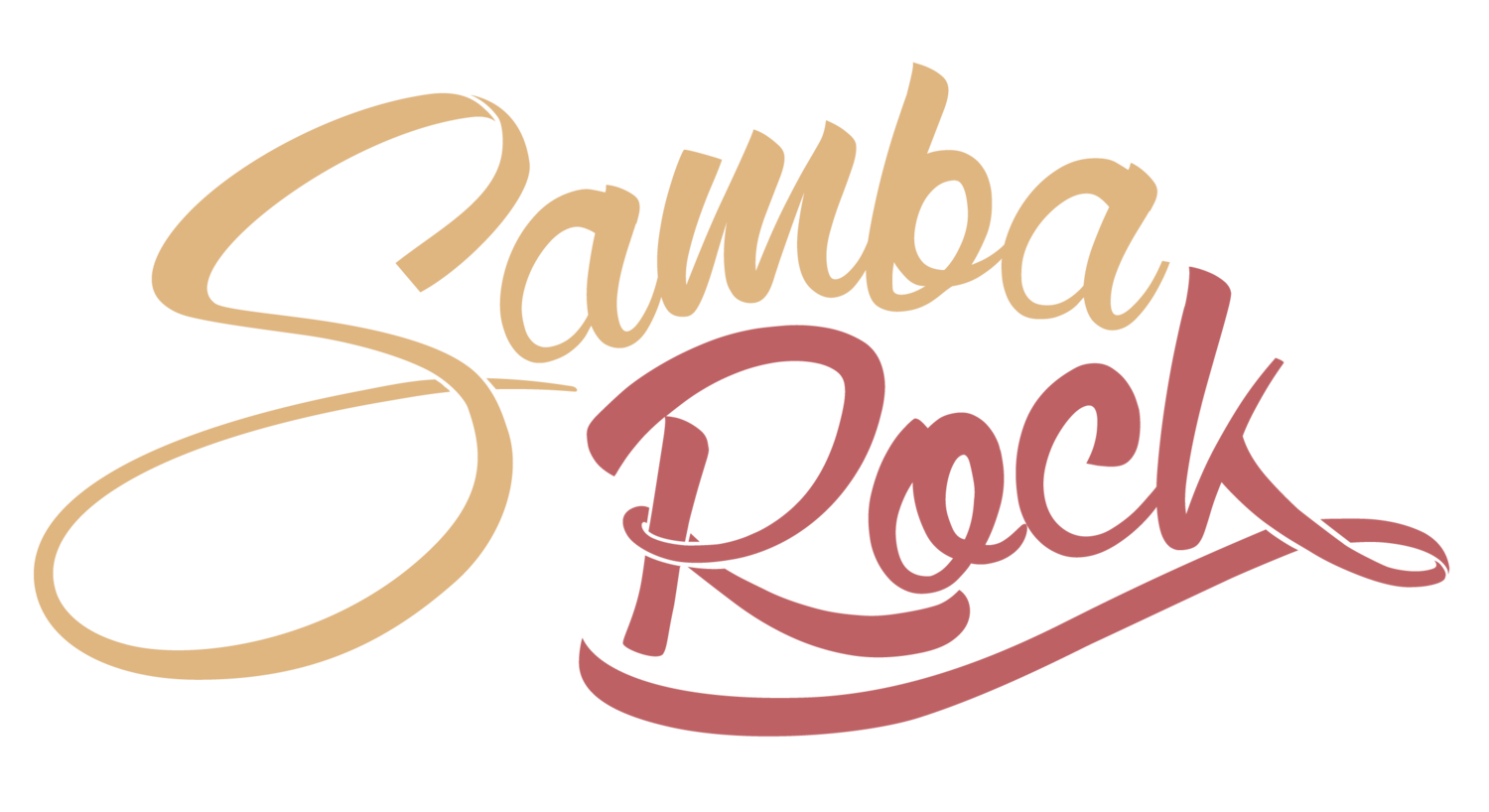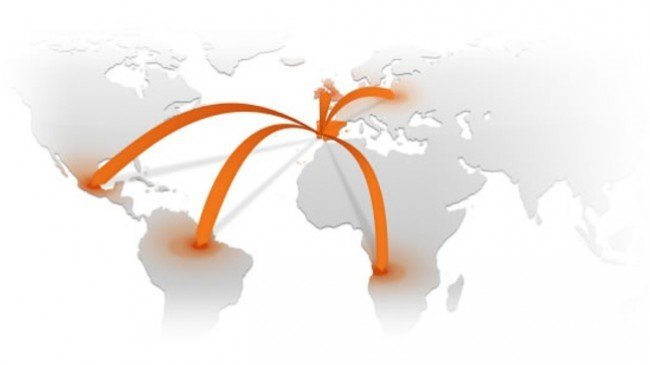The Importance of Communication in Brand Internationalization
Each region's language is unique. It may seem obvious, but not every Portuguese-speaking country uses the same expressions, slang, and even some words have different meanings when used in different contexts. The same goes for English, Spanish, and other languages. So why do some companies think translation is all communication takes?
Considering a global communication strategy is essential for brand internationalization. Understanding the peculiarities of each location can make the difference between success or being ignored. I know several stories of people who embarked with the confidence that "my product will sell anywhere" and had a rather unpleasant surprise. There are ads on large platforms, like Amazon, with incorrect text in the description; products advertised without proper campaigns; campaigns with completely inappropriate slogans for a particular country; and social media pages hastily translated from the main language without the necessary adaptation.
Relying on some "certainties" can be disastrous. Who would have thought (in Brazil) that using a simple "você" in a campaign in Portugal could be offensive? Or that WhatsApp is not as popular in other countries as it is in Brazil? A campaign through the app in the United States, for example, could be a huge failure, as Americans hardly use it. Text messages are sent via SMS. These and other peculiarities must be considered.
Another common trend I often see is hiring an agency at the beginning, creating a communication plan, "learning the day-to-day," then dismissing the agency and relying on an internal team member (probably a junior) to execute actions (especially on social media, because who doesn't know how nowadays, right?). This is when problems begin, and usually, that same client returns to the agency sometime later.
The international market, especially the United States, is not for beginners. I say this without any disrespect, but to emphasize that an in-person presence is necessary for the brand to evolve. A specialized agency in the process genuinely makes a difference. It is a long-term construction that evolves faster with someone who knows the chosen region.
An agency may not know the product as well as those who live with it daily, but it has multidisciplinary professionals who will combine their expertise gained from working with other clients to create the best strategies for that brand. Years of study, constant updates, and active monitoring of market developments in various sectors make up a vast knowledge bank. They may not know all the answers to specific questions, but by working in synergy with the company's marketing team, they will come up with the best options for each scenario.
The chances of success increase when finding an agency with the right profile for the company. In a boutique format, for example, more personalized service is possible. In addition, to experience in the market, you intend to expand to, knowing the Brazilian market is also essential to convey the product's unique features in the best way. This closer service offers other benefits: faster approvals, customization, value adjustment, and a stronger connection with the client.
Investing in the international market is attractive, offering various commercial benefits and enhancing brand reputation. However, it can lead to the opposite of what was intended without the proper strategy. Partnering with an agency that conducts market research, offers opinions on the business, identifies opportunities, and has successful cases in the region is a good indicator. Choose carefully, communicate assertively, and achieve results in dollars!
*Valter Klug is the CEO and founder of Samba Rock, an integrated advertising and marketing agency specializing in helping major brands strategically, creatively, and efficiently expand globally. With over 20 years of experience in integrated communication, interactive design, and social media, Valter has worked in South America, Europe, and North America, in three of the most internationally awarded countries in advertising (Brazil, United Kingdom, and the United States). He has worked with four of the largest advertising groups in the industry (WPP/Y&R, Isobar, Euro RSCG/HAVAS, and SapientNitro), with brands such as AT&T, ESPN, Coca-Cola, Pepsico, Microsoft, Nokia, Sony, Itaú, AMBEV, Banco Inter, and founded Samba Rock in Miami (USA) in 2015.

